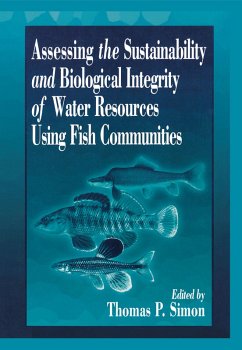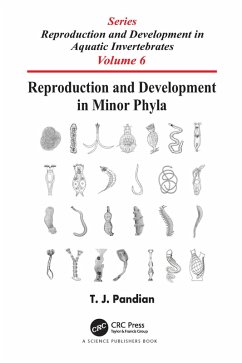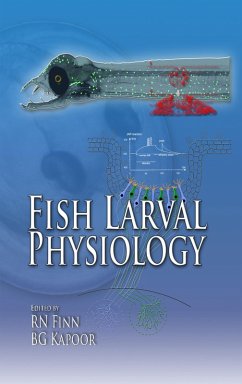
How to Write a PhD in Biological Sciences (eBook, ePUB)
A Guide for the Uninitiated

PAYBACK Punkte
11 °P sammeln!
You don't have to be a genius to write a PhD. Of course, it will always involve a lot of hard work and dedication, but the process of writing is a whole lot easier if you understand the basic ground rules.This book is a guide through the dos and don'ts of writing a PhD. It will be your companion from the point when you decide to do a PhD, providing practical guidance to getting started, all the way through the nuts and bolts of the writing and editing process. It will also help you to get - and stay - in the right mental framework and establish good habits from the beginning, putting you in a ...
You don't have to be a genius to write a PhD. Of course, it will always involve a lot of hard work and dedication, but the process of writing is a whole lot easier if you understand the basic ground rules.
This book is a guide through the dos and don'ts of writing a PhD. It will be your companion from the point when you decide to do a PhD, providing practical guidance to getting started, all the way through the nuts and bolts of the writing and editing process. It will also help you to get - and stay - in the right mental framework and establish good habits from the beginning, putting you in a commanding position later on. Examples are tailored to the biological sciences, offering a unique reference for PhD students in these disciplines.
Embarking on a PhD doesn't need to be daunting, even if it's your first experience working within academia. Each short section focuses on writing - considered by many to be the most difficult aspect of a PhD - and delves into a practical detail of one aspect, from the title to the supplementary material. Whether you're a student just starting your studies, an early career researcher or a supervisor struggling to cope, the book provides the insider information you need to get ahead.
This book is a guide through the dos and don'ts of writing a PhD. It will be your companion from the point when you decide to do a PhD, providing practical guidance to getting started, all the way through the nuts and bolts of the writing and editing process. It will also help you to get - and stay - in the right mental framework and establish good habits from the beginning, putting you in a commanding position later on. Examples are tailored to the biological sciences, offering a unique reference for PhD students in these disciplines.
Embarking on a PhD doesn't need to be daunting, even if it's your first experience working within academia. Each short section focuses on writing - considered by many to be the most difficult aspect of a PhD - and delves into a practical detail of one aspect, from the title to the supplementary material. Whether you're a student just starting your studies, an early career researcher or a supervisor struggling to cope, the book provides the insider information you need to get ahead.
Dieser Download kann aus rechtlichen Gründen nur mit Rechnungsadresse in A, B, BG, CY, CZ, D, DK, EW, E, FIN, F, GR, HR, H, IRL, I, LT, L, LR, M, NL, PL, P, R, S, SLO, SK ausgeliefert werden.













